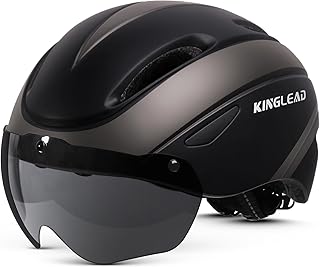A recent study conducted by the University of Queensland has delved into the behaviors of e-scooter riders in Brisbane, particularly focusing on their adherence to regulations post tighter enforcement. Led by Dr. Richard Buning from the UQ Business School’s Micromobility Research Cluster, the research analyzed data from over 200 hours of traffic camera footage in eight Brisbane locations before and after the regulatory changes in November 2022.
The study revealed that a significant portion of riders complied with the revised speed limits set for e-scooters, with most adhering to the 12 km/h limit on footpaths and 25 km/h on designated paths like bicycle lanes. Notably, riders were more likely to abide by speed limits in high-density areas, such as the CBD, where pedestrian traffic is higher.
Helmet compliance among riders was found to be generally high, attributed possibly to established rules for cyclists. However, public e-scooter users were less inclined to wear helmets, especially in low-risk areas like the CBD or on footpaths. The research also highlighted distinctions in the riding patterns of public and private e-scooter users.
According to Dr. Buning, the study indicated that public e-scooter riders tended to favor footpaths over newly permitted infrastructure like on-road bike lanes, reflecting a potential lack of awareness of road rules. Yet, the presence of dedicated bike lanes influenced rider behavior positively, with more riders opting to use them instead of footpaths.
Preceding the regulatory changes, the Queensland Government’s Department of Transport and Main Roads undertook a comprehensive communications campaign to educate the public on the updated rules. The campaign included various mediums like billboards, social media, and informational brochures.
Dr. Buning emphasized the need for enhanced education for e-scooter users, proposing that share companies and retailers provide detailed information on road rules and penalties. Currently, such information is lacking, particularly for private scooter buyers and users of public schemes.
Queensland stands at the forefront of e-scooter adoption in Australia, boasting accommodating regulations. Previous studies have highlighted the positive impact of e-scooters on Brisbane’s urban landscape, underscoring the importance of continued research in this area.
The research team has submitted its findings to the Queensland Government’s E-mobility Safety Inquiry, slated to present its report to parliament by March 2026. The study sheds light on the evolving dynamics of micromobility in Brisbane and the critical role of regulations in ensuring the safety of e-scooter riders.
📰 Related Articles
- Study Reveals Rising E-Scooter Injuries Among Children
- Study Reveals Majority of Canberra E-Scooter Users Ride Illegally
- Inconsistent Regulations Raise Safety Concerns for Australian E-Scooter Riders
- Helmet Use Crucial for E-Scooter Safety, Study Reveals
- Zimbabwe Study Reveals High Uptake of Menstrual Health Services






